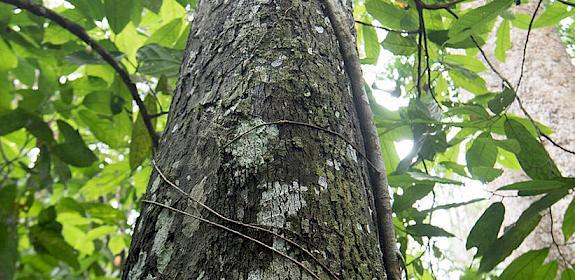Wildlife trade on the Asian-African Legal Consultative (AALCO) agenda
Nairobi, Kenya, May 2017—Wildlife trade was on the agenda during the 56th Annual Session of the Asian-African Legal Consultative Organization (AALCO) held last week in Nairobi.
AALCO, established in 1956 as an outcome of the famous “Bandung” conference a year earlier that led towards the subsequent development of the Non-Aligned Movement, is the only intergovernmental organization representing Asia and Africa and in 1980 was accorded Permanent Observer Status at the United Nations.
During last week’s AALCO meeting, a side-event was jointly hosted by the Chinese and Kenyan governments, to which the Chinese Foreign Ministry invited TRAFFIC to address delegates on issues relating to Africa-Asia wildlife crime.
Julie Thomson, TRAFFIC’s Head of Office – East Africa, spoke during a side event about the need for international collaborative efforts between China and Africa to combat trafficking of wild fauna and flora species.
AALCO is a critical forum for establishing links between nations: among its aims are collaboration in the field of international law and as a forum for Asian-African co-operation in legal matters of common concern. The organization also encourages exchange of information and views on matters of common concern with legal implications and to present these to the United Nations, other institutions and international organizations.
At the meeting, various African and Asian government delegates called for concerted efforts in the fight against illegal wildlife trade.
When AALCO was established more than 60 years ago, who could have foreseen its future role as a forum where inter-continental trafficking of wildlife would be on the agenda?
Julie Thomson, TRAFFIC’s Head of Office – East Africa
“This week’s meeting and its side-event helped strengthen further the links between Africa and Asia, a critical step for the international efforts needed to address wildlife crime.”
According to Zhou Fei, Head of TRAFFIC’s China office “The Chinese authorities and their counterparts in Africa are sending a clear signal that they stand together in their efforts to counter organized wildlife crime.”





